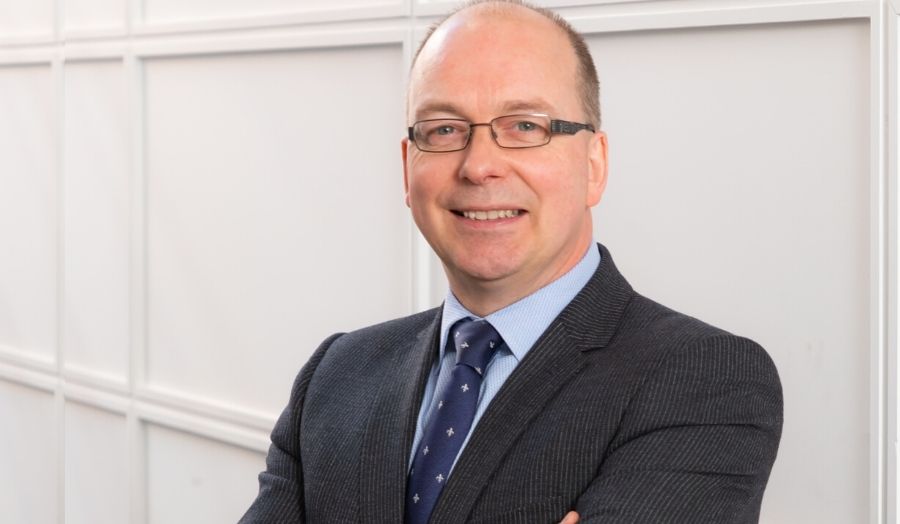Meet our Members: Dave Hall
Dave Hall, Registrar and Chief Operating Officer at the University of Leicester, gives an insight into his life in HE.


What is your higher education history?
President of Reading University Students’ Union 1988/89, elected on the platform of “No Cuts, No Fees”, so much for that then.
1989/91 University of Reading; worked as a temp in the Accommodation Office organising hostel accommodation for students recruited in excess of the bed spaces available.
1991/2001 University of Warwick. Held several roles: Administrative Assistant on the DL MBA programme checking that applicants had a salary consummate with the standing of the MBA. This led naturally to the role of Undergraduate Admissions Officer. Once had to rebuke a colleague for working on student help desk wearing a badge saying “F**k Off, I’m busy”, clearly this wouldn’t happen these days. Final role, was Head of Research and Development Services, which proved that everyone is promoted beyond the limits of their abilities.
2001/06 Academic Registrar, University of Birmingham. Head of the Academic office which covered all student administration, academic planning, marketing, student recruitment. Enabled the Office to achieve institutional recognition for its, to date unrivalled, Christmas Party. Launched “Old Joe”, a University real ale, told reporters it was brewed on campus, unfortunately it wasn’t. A skeleton waiting to be exposed.
2006 – end of time, Registrar and Chief Operating Officer, University of Leicester. One of a dying breed of unitary Registrar’s entrusted with the leadership of the Professional Services and institutional governance. Recent highlights include raising £5k for research into infant mortality walking Offa’s Dyke, and getting a desk you can stand at.
What does your current role and remit encompass?
I’m the head of the Professional Services. This motley crew includes financiers, marketers, plumbers, secretaries, human resource experts, accounting experts, technology experts, process engineers, heating engineers, counsellors, records managers, data security officers, junior managers, middle managers, senior managers … all the staff that enable the teaching and research mission of a university, keeping us safe and compliant and warm and, for the most part, dry.
I’m also secretary to the governing body, Council. I make sure the name plates are laid out neatly.
What does a typical day look like for you in your role?
Apart from the day I detached my retina, I spend a lot of time moving work around the institution via email, while others spend their time moving it back.
I also spend a lot of time in meetings, the ones I chair are fulfilling, productive, dynamic and led with an eye on engagement. The ones I don’t, aren’t, and are attended with an eye on the clock.
What do you find most enjoyable and/or challenging in your role?
After 13 years, nothing. (Apart from last week when Estates installed a new partition wall at the end of the corridor and I couldn’t find my way out of the building.)
What are the current challenges for your institution?
- Generating sufficient income to cover costs.
- Cutting costs sufficiently to match income.
- Staff believing that either 1 or 2 are legitimate or valid concerns.
If these were easy they wouldn’t be challenges just opportunities.
What do you think are the biggest changes ahead for higher education?
Making the difference the sector claims to make.
Who has inspired you and why?
Robert Hayden, the African-American poet, for the final line of his poem, Those Winter Sundays,
“What did I know, what did I know
of love’s austere and lonely offices?”
As one gets older the past gets deeper and the future shallower. One day there’ll be no tomorrow of meetings and emails, so why waste the time you’ve got whinging about them?
1 Comment